Music Therapy
At Sunny Days Therapeutics, located in Watkinsville, GA, our music therapist provides music Therapy services in our office and within our community. We take pride in helping individuals, neurodivergent individuals and groups at your location.
What is Music Therapy
Music therapy is the evidence-based approach of using music to address non-musical goals. Interventions used vary widely based on the needs, abilities, and preferences of the individual participating, and they are thoughtfully selected and implemented by a credentialed music therapist.
Some examples include:
- Singing favorite songs to promote and improve speech
- Rewriting song lyrics to identify and express emotions
- Dancing to music with a strong beat to promote smooth and controlled body movements
- Writing songs to help sequence daily tasks
- Musical games designed to promote attention and executive function
Music Therapy for Speech Goals
Music therapy can help stimulate speech, improve clarity, and promote expressive language. By singing a familiar and enjoyable song, the music therapist can prompt a client to sing along by providing spaces for the client to fill in words. When someone sings “You are my….”, our brains naturally want to complete the phrase- “Sunshine!”
To improve clarity of speech, a music therapist may teach some vocal exercises as a warm up to singing the client’s favorite songs. One popular and silly-sounding vocal warm up, “mommy made me mash my M&M’s,” can provide the singer an opportunity to practice the “m” sound, word sequencing, and pitch variance all at the same time!
Music therapists can use the lyrics of a client’s favorite songs as an opportunity to explore emotional language and communication. We can talk about how the singer might feel based on the words in the song, and even re-write the lyrics to explore other feelings and ideas. We could even work together to write a new song completely from scratch!
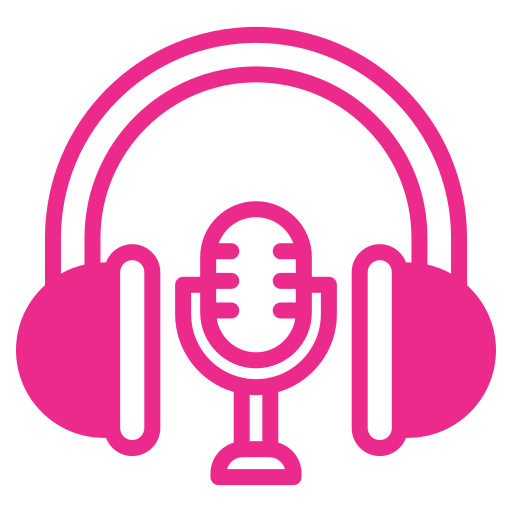
Music Therapy for Motor Goals
Music therapy can help develop fine and gross motor skills through movement to music, playing instruments, and more. Gross motor skills targeted may include walking with a steady gait, coordinating intentional movements, or increasing range of motion, depending on the individual. To help promote an even walking gait, a music therapist can play music with a strong steady beat as the client walks. If you have ever walked or ran to music, you may have noticed that your body naturally wanted to match the pace of the music. This same principle is applied in music therapy, and is used to help people who have trouble maintaining an even walking pattern.
Some people have trouble making controlled, intentional movements. For this, a music therapist may create a simple choreographed dance that helps the client practice these movements to music with a strong beat. The beat provides structure for the movement, and helps the client’s body learn how to time the movement appropriately. The therapist may also provide rhythm sticks or a drum for the client to tap to the beat of the music, providing a target and purpose for the movement.
To practice fine motor skills, the music therapist may utilize teaching the basics of playing piano or ukulele, which each require practice in controlling finger movement. We can start by playing piano keys using one finger at a time, then adding more as the client progresses. There are also bells and other percussion instruments that can be used as motivating ways to practice intricate finger movements!

Music Therapy for Mental Health
Music therapy can provide opportunities to connect with others in a non-threatening environment. Playing music in a group can be a way to engage and communicate with peers without needing to hold conversations, or even make eye-contact. Improvisation can allow for a nonverbal form of communication, while lyric analysis and song writing can help with identifying and processing emotions.
Music can be used as a conversation-starter to discuss building self-esteem, coping with difficult emotions, or exploring unfamiliar situations. Using song lyrics to discuss issues takes the pressure off of someone talking exclusively about themselves, and helps them find comfort in knowing other people experience similar emotions and struggles. Music therapy utilizes the musical preferences of the individual, allowing for self-expression, independence, and agency within the therapeutic process.

Music Therapy for Sensory Processing
For people who have trouble with sensory processing, music therapy can help teach healthy coping skills to address sensory needs. Music naturally integrates multiple senses, and the predictable nature of music can be inherently soothing.
For those who are seeking specific sensory inputs, music therapy can provide the following:
- Auditory stimulation: listening to preferred music at a volume comfortable for the participant
- Tactile stimulation: touching and playing drums, piano keys, guitar strings, and other instruments of varying textures
- Proprioception (sense of body-awareness): squeezing muscles and joints to a steady beat can be an exercise taught through music therapy that can be used in daily life to receive this type of input in a healthy way
For those who are avoidant of specific sensory inputs, music therapy can help provide self-regulation skills in times of over-stimulation. The motivating nature of music may also provide a bridge to making unpleasant inputs more tolerable. Some examples of this include:
- Auditory stimulation: listening to soft, easily-predictable melodies through headphones to block out the source of the over-stimulating noise
- Tactile stimulation: the desire to hear the sounds of instruments may provide motivation to explore various textures and allow for adjustment to the sensory input
- Vestibular stimulation (moving through space): performing a series of movements set to preferred music that are slow, linear, and predictable so that it may provide a way to experience this sensory input while avoiding overstimulation
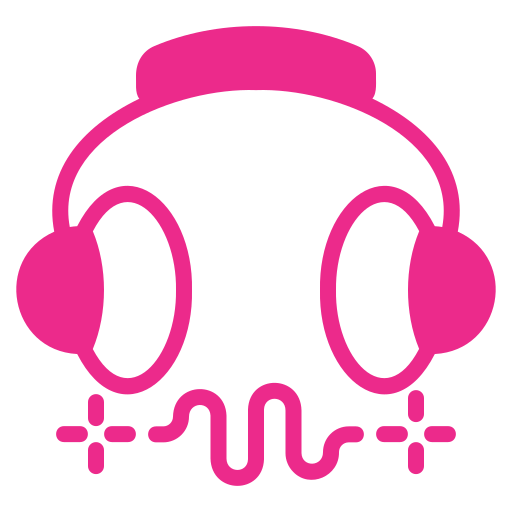
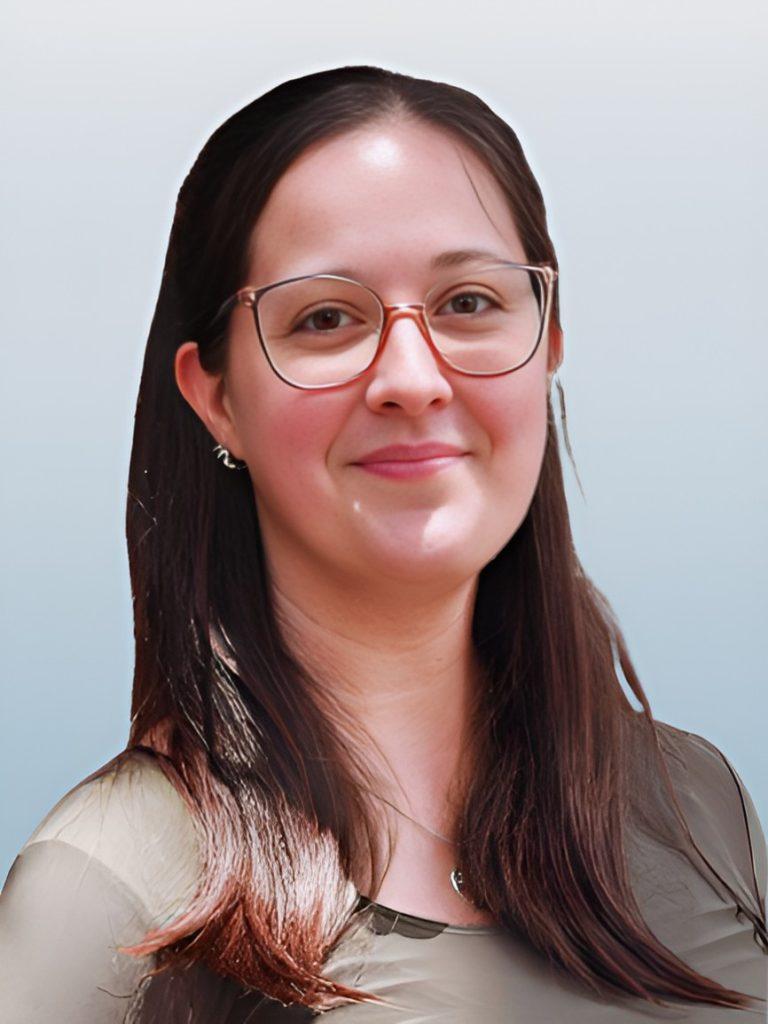
Amber Miller
Amber Miller
Amber began her career as an elementary school music teacher in 2014 after graduating Georgia Southern University. She continued teaching until 2017, when she moved to Athens to pursue her Bachelor’s Equivalency in Music Therapy at the University of Georgia. This culminated in an internship at The George Center in Roswell, GA.
Amber has experience leading music therapy in groups and with individuals from many walks of life. She has worked with seniors in memory care, children and young adults with Autism, preschool-aged children, and more. Additionally, she is trained in Remo’s HealthRHYTHMS program. She is passionate about making music accessible to anyone, and in presuming competence in her clients.
When not making music, Amber enjoys snuggling her pugs, geocaching, and playing D&D with her friends.
Music Therapy Services Offered
1:1 Music Therapy– A music therapist working with an individual client to create and implement a treatment plan. Interventions used will be based on musical experiences that are motivating for the individual, and that also focus on their specific needs, abilities, and goals.
Drumming Empowerment – A group based on HealthRHYTHMS protocol designed to promote socialization and self-confidence through playing instruments and musical games. Offered every other Saturday for those with Special Needs, aged 18 and up.
Community-Based Music Therapy – Individual or group music therapy that comes to you! Our music therapist offers services in homes, schools, community centers, daycares and more. It’s designed to help your group or individual support their goals- all while having fun!
Meet Our Therapists
Our caring therapists are here to support you on your mental health journey. Whether in person in Watkinsville, GA or virtually throughout the state of GA, we provide space to help you navigate life stressors, build resilience and improve your overall well-being.
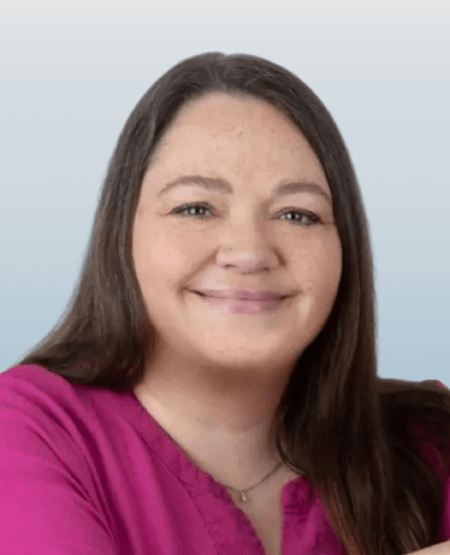
Amber Buchanan
Amber Buchanan
Amber Buchanan, founder and CEO of Sunny Days Therapeutics, earned her Bachelor of Science in Business from a small private college in West Virginia. Despite her degree being in business, she has always had a passion for helping others. During the onset of the pandemic, Amber engaged in some soul-searching and realized she wanted to dedicate herself full-time to helping individuals within her community and surrounding areas.
Seeing a pressing need for enhanced mental health support in her community, Amber took the initiative to make a difference. She sold her home to cover the startup costs for Sunny Days, hired administrative staff and therapists, and secured an ideal location to establish a new mental health practice.
Over the past few years, Sunny Days has evolved and expanded, becoming a vital resource for mental health support in the Athens and Watkinsville communities. The connections formed, the support from the community, the dedication of the therapists and staff, and, most importantly, the patients, are truly what makes this journey worthwhile.
Amber hopes that Sunny Days will continue to thrive and support those in and around her communities for many years to come.
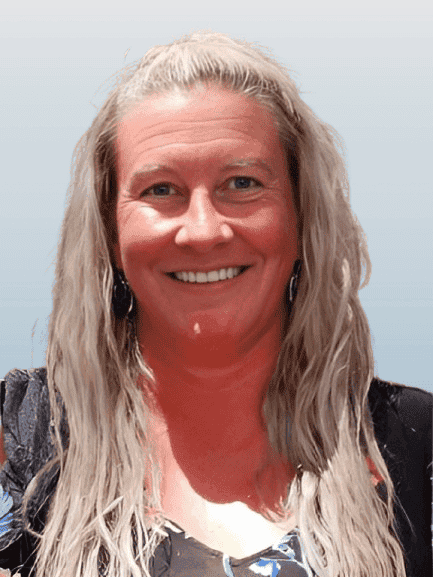
Jennifer Smith
Jennifer Smith
Jennifer currently lives in the Athens area, where she enjoys spending time with her three children and three fur babies. She enjoys keeping active with outdoor activities such as swimming, kayaking, and tubing. She also enjoys refurbishing old wooden furniture- considering it a personal form of therapy.
Jennifer has worked in medical administration for many years, and she loves her career and helping others!
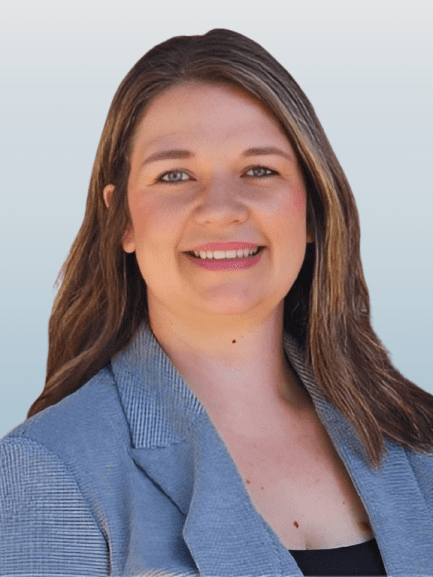
Amy Simmons
Amy Simmons
Amy Simmons is a Licensed Clinical Social Worker, who has a passion for serving and genuinely loves helping other people. She obtained her Bachelor’s Degree in Social Work from Concord University in Athens, West Virginia in 2013 and Master’s Degree in Social Work from West Virginia University in 2015. She completed internships in both out-patient and in-patient settings. Her background includes working with adult and adolescent patients. She most often conducts individual therapy sessions but also has experience with couples and groups.
Amy has experience working with individuals with special needs and issues including but not limited to depression, anxiety, PTSD, grief, low self-esteem, LGBTQ+, gender identity and sexual orientation. She has experience is using a variety of treatment modalities and is excited to schedule an appointment to conduct an initial assessment and develop a person-centered treatment plan, that will help you meet your mental health goals. At this time, therapy sessions will be conducted via telehealth.
When not working, Amy enjoys spending time with her husband, daughter and family. She enjoys spending time outdoors, trying new things and going on adventures.
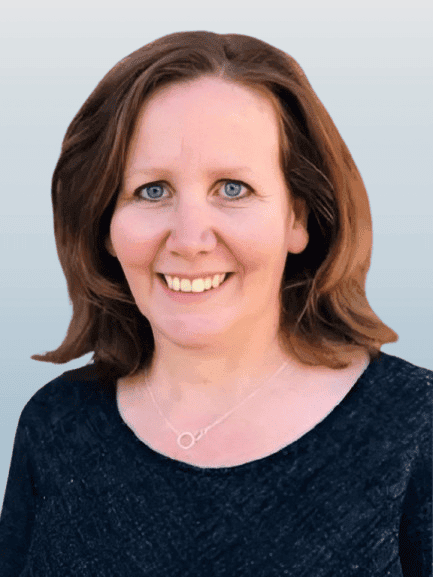
Beth Segars
Beth Segars
Beth Segars is a Licensed Clinical Social Worker with a passion for helping others. She obtained her bachelor’s degree from Piedmont College in 2012, and her master’s degree from the University of Georgia in 2016.
Beth has a wide range of experience including work with DFCS, a sexual assault center, community based therapy, and medical social work with hospice. She enjoys helping people work through issues including trauma, depression, anxiety, grief and loss, self esteem, PTSD, and recently reunited families. She has experience with a variety of modalities, as well.
Beth is also the LCSW Supervisor. She oversees school-based therapists, DFCS requests, and provides supervision to therapists with provisional licenses.
When not working, Beth enjoys time with her husband, Klint, her three grown children, and her precious granddaughter. She enjoys spending time with friends and family, and experiencing new adventures.
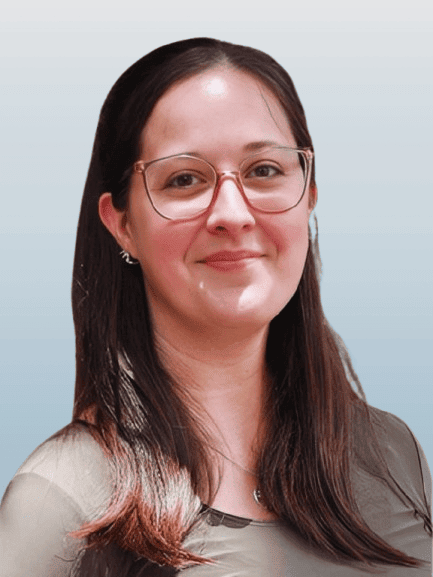
Amber Miller
Amber Miller
Amber began her career as an elementary school music teacher in 2014 after graduating Georgia Southern University. She continued teaching until 2017, when she moved to Athens to pursue her Bachelor’s Equivalency in Music Therapy at the University of Georgia. This culminated in an internship at The George Center in Roswell, GA.
Amber has experience leading music therapy in groups and with individuals from many walks of life. She has worked with seniors in memory care, children and young adults with Autism, preschool-aged children, and more. Additionally, she is trained in Remo’s HealthRHYTHMS program. She is passionate about making music accessible to anyone, and in presuming competence in her clients.
When not making music, Amber enjoys snuggling her pugs, geocaching, and playing D&D with her friends.
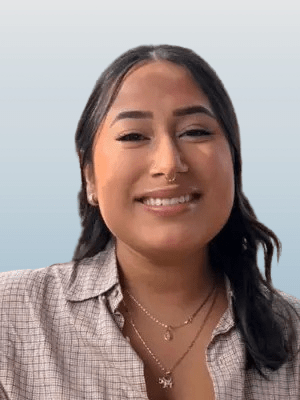
Ana Maria Alviz
Ana Maria Alvis
Ana Maria Alviz is a Mexican-American, Georgia native, who found her passion for Individual Therapy during her Master’s program at the University of Georgia. She obtained her Bachelor’s Degree in social work (BSW) from Georgia State University in 2023 and her Master’s degree in Social Work (MSW) in Spring, 2024. She incorporates cultural humility and competence into her individual sessions with elementary and middle school aged children, which are held at their schools.
Ana Maria has experience working in community-based sectors like homeless shelters, local food pantries and local cooperative ministries around the metro Atlanta area. Her preferred therapy modalities are client-centered and solution-focused techniques. She has experience working with kids, who experience a variety of issues including depression, anxiety, grief, PTSD. Her goal is to help her clients better manage their symptoms and increase their probability of positive intended behaviors.
Outside of work, Ana Maria enjoys partaking in hobbies that provide relief, mentally and physically. She enjoys reading, working out, spending quality time with family, being outdoors, exploring urban areas and playing with her dog.
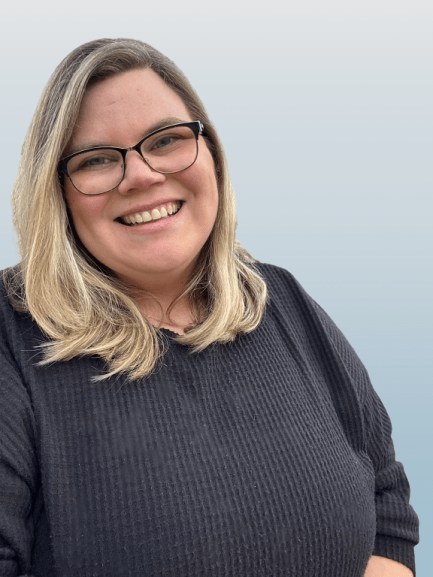
Haley Reese
Haley Reese
Haley Reese is a dedicated therapist with a Master’s of Social Work from the University of Georgia, earned in 2023. As a neurodivergent clinician, she brings both personal and professional understanding to her work with individuals navigating ADHD, autism, trauma, anxiety, depression, life transitions, and other stressful experiences. She works with clients ages 12 and up, focusing on Executive Functioning Skills, Social Skills, and managing over-stimulation.
Haley prioritizes creating a comfortable and supportive environment where clients feel safe to express themselves freely. She is LGBTQ-friendly and integrates evidence-based approaches such as Cognitive Behavioral Therapy (CBT), Trauma-Focused CBT (TF-CBT), Acceptance and Commitment Therapy (ACT), and existential therapy. Additionally, she incorporates an eclectic mix of play therapy to tailor treatment to each client’s unique needs. She strives to provide a space where clients can explore their emotions, even if they are unsure of exactly how they feel.
Outside of work, Haley enjoys hanging out with her dog, Charlie, at the dog park, going on hikes, finding new coffee spots, collecting records, and playing guitar.

Krystal Kenneth
Krystal Kenneth
Krystal Kenneth obtained her Master of Social Work (MSW) degree from Boston University in 2023, and a Bachelor of Science in Psychology degree from The University of Georgia in 2020. While at Boston University, Krystal pursued the clinical track of her program and specialized in Children, Youth, and Families.
Krystal has experience working in a domestic violence shelter, a high school, a teen center, and an LGBTQ+ mental health clinic. Through her work and educational experiences, she has learned how to engage with clients in a trauma-informed and age-appropriate manner. Through a combination of treatment modalities like CBT, DBT, TF-CBT, play and art therapy, social emotional learning, and more, Krystal is prepared to guide clients to their goals.
When she’s able to spend time outdoors, Krystal enjoys gardening flowers and vegetables, hiking, skateboarding, roller-blading, and taking on DIY projects. When she’s hanging out indoors she enjoys cooking, baking, rock tumbling, and spending time with her cats and family.
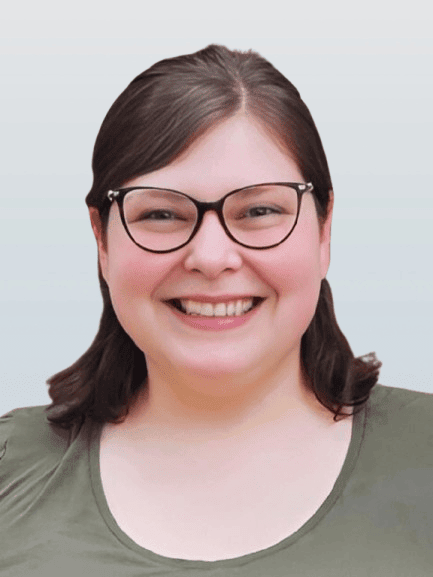
Rachel Parker
Rachel Parker
Rachel Parker is a neurodivergent therapist who enjoys working with individuals 7 and older who have Autism Spectrum Disorder, ADHD, anxiety, issues with healthy communication, or those who just need someone to talk to about the stresses of life.
She enjoys incorporating art and play into her sessions with children, and uses an eclectic approach combining principles of CBT, motivational interviewing, and acceptance and commitment therapy (ACT) in her work with adults.
In her free time, she enjoys hiking, playing video games, and baking.


